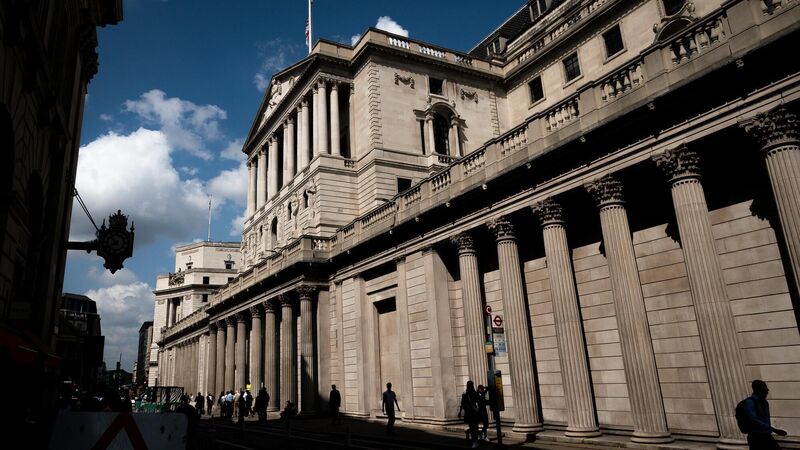Irish small exporters 'anxious' over British inflation and mortgage rate hikes

UK inflation at 8.7% has beaten estimates for four months running and still remains well above the Bank of England's 2% target.
Soaring interest rates designed to target stubbornly high levels of inflation in Britain pose a rising threat to the many small firms exporting across the Irish Sea, a leading economist has said.
Conall Mac Coille, chief economist at Davy, said that the Bank of England is fighting against the highest inflation rate in the G7 economies, while British wage growth is adding to price pressures.














